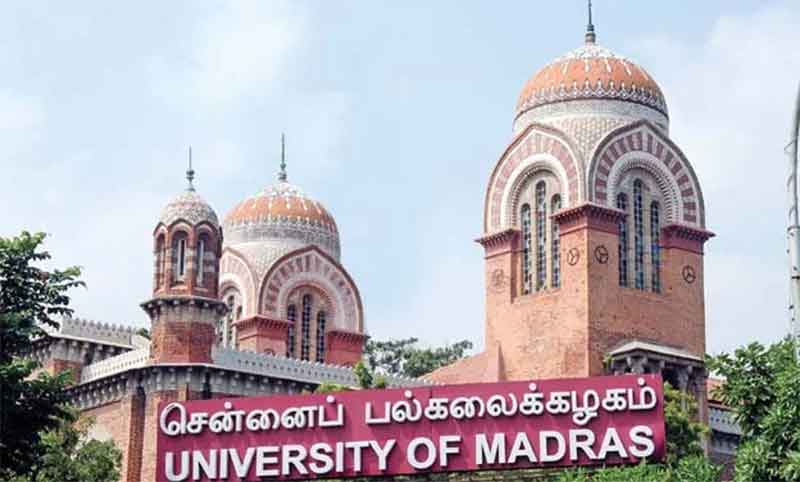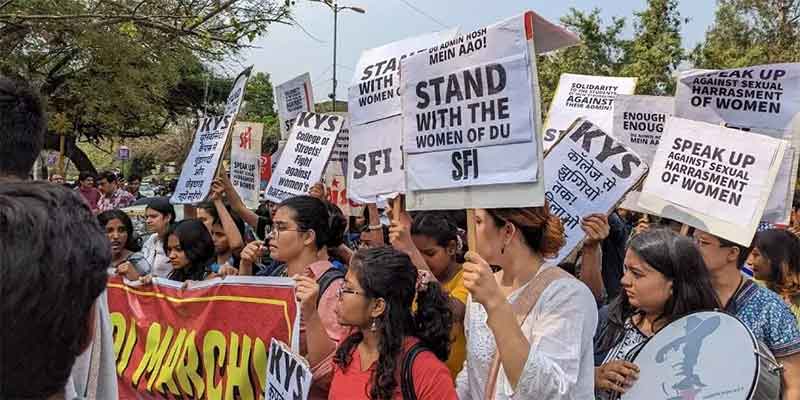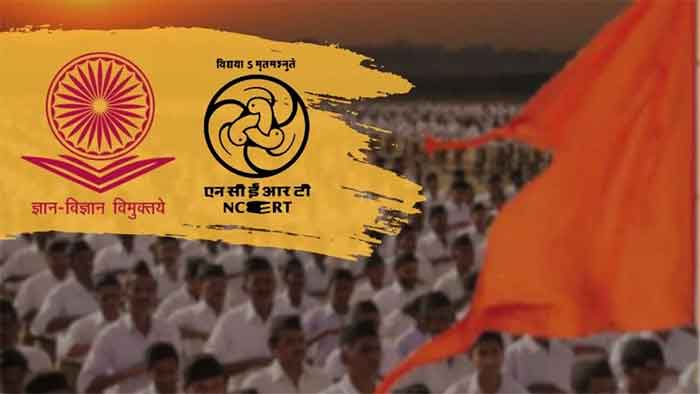Only 0.1% of funds allocated for pre-matric scholarship for scheduled caste students disbursed during first 9 months of financial year

The government has been trying to reform the system of disbursement of scholarships to scheduled caste and extremely backward class students. Reform is supposed to lead to improvement. However in the present context the supposed ‘reform’ has muddled up things badly with the result that the the availability of funds for scholarships has been disrupted to an extent that has perhaps never happened before, despite there being a long previous record of tardy disbursements.
The Parliamentary Standing Committee on Social Justice and Empowerment has recently drawn attention to this disruption in its report on Demand for Grants of the Department of Social Justice and Empowerment. This report was tabled in Parliament on March 23. This report has provided government data on actual disbursement of funds for various scholarships for scheduled castes and some other weaker sections for the first 9 months of the financial year 2022-23 ie up to 31 December 2022.
The data presented here regarding the disbursal of funds for pre-matric scholarships for scheduled castes tells us that only INR 56 lakh were spent while the allocation in the budget was for INR 500 crore. This amounts to only 0.1 per cent disbursal of pre-matric scholarship funds in the first 9 months of the 12 months period.
In the case of the post matric scholarship for scheduled castes only INR 2500 crore were disbursed despite the allocation of INR 5660 crore during the first 9 months. Only 44% funds were disbursed in first 9 months. This came on top of the spending of only INR 1978 crore in the previous year 2021-22 compared to the allocation of INR 3415 crore.
One reason for this has been a recent change that the central funds (which comprise about 60% of the funds) will be released after the state share of 40% has been released. However this is not proper as due to problems of their fiscal health, delay on the part of some states cannot be ruled out. In such a situation when the union government makes its funds conditional to prior release by the state government, then this can result in complete disruption of funds.
In fact only recently a study by the Centre for Budget and Governance Accountability (CBGA) and the National Campaign for Dalit Human Rights (NCDHR) had cautioned against such a conditional system.
While this is likely to be an important factor behind the disruption of pre-matric scholarship, there are obviously other factors also. In the case of scholarships for students of Other Backward Classes, Extreme Backward Classes and Notified Tribes ( scheme called PM Yasaswi) the funding is only from the Centre and yet in this case too there has been a disruption of funds, with the disbursal of funds up to December 31, 2022 being around INR 42 crore compared to the budget allocation of 1581 crore. In other words only 3 per cent of the funds were disbursed in the first 9 months.
Earlier allocations for SC students and for households involved in hazardous occupations were made separately, but these have been merged now.
Several problems relating to these scholarships for students from weaker sections have been pending for quite some time. The income limit has been set too low and has not been revised for a long time, making it difficult for genuinely needy and deserving students to avail scholarships.
The CBGA-NCDHR study ( by Jawed Alam Khan and Rahat Tasneem) had also drawn attention to several problems relating to disbursal of these scholarships for students from weaker sections. This report titled ‘Assessing Public Finance Management Issues in the Post-Matric Scholarship Scheme’ stated, “ The primary challenges before the scheme include a poor design in terms of its complex fund-sharing and fund-flow mechanism between the center and the states, the absence of a regular revision in the scheme’s guidelines, inefficient adherence to the prescribed guidelines, inadequate beneficiary targets and coverage as well as funds for the same, accumulation of arrears, low fund utilization in many states, poor planning and lack of proper monitoring system.”
This study also said that the government has not given adequate attention to reports and suggestions of Parliamentary Standing Committee and CAG Audit. The overall budget for these scholarships, this study said, needs to increase.
The government should hasten to introduce genuine improvements, as several reports have spoken about the distress and disruption suffered by dalit students when the sanctioned scholarships fail to reach them in time. There have been reports of students not just interrupting their studies to take up whatever employment is available to earn a subsistence wage but even having to skip meals or to survive on very low nutrition food. Sometimes studies get disrupted in such a way that these cannot be continued again.
One way for reducing extreme distress and disruption for them is to make arrangements for postponing their payment of hostel expenses, fees etc. till such time that their delayed scholarship funds reach them.
However what is more basic is that delays and disruptions in the disbursement of scholarships are altogether avoided. There is wide agreement that dalits who have suffered from historical injustice in Indian society should get many-sided help for advancement and improved educational opportunities are a very important part of this many-sided effort. Pre-matric and post-matric scholarships play an important role of ensuring and facilitating continuity in education beyond lower levels.
Some other aspects of the budget for dalit welfare also deserve attention. A new initiative called Development Action Plan for Scheduled Castes (DAPSC) was provided an allocation of INR 950 crore in 2022-23 ( Revised Estimate) to provide one-time financial assistance for socio-economic empowerment of Scheduled Castes through infrastructure development and income-generation schemes, but this fund has not been supplemented in the 2023-24 budget ( Budget Estimates).
In the 2023-24 budget there is no separate allocation also for the Self-Employment Scheme for Rehabilitation of Manual Scavengers (SRMS) and this appears to be have been merged with the new scheme NAMASTE. However NAMASTE is more about an action plan for mechanization of sewage work and its allotted budget of INR 97 crore for 2023-24 may not be adequate even for this limited purpose. Hence the work of rehabilitation of manual scavengers appears to have been largely abandoned after only partial rehabilitation (based mainly on a small one-time cash payment) covering only a limited number of workers (about 58,000), while the need is clearly for reaching out to a larger number of workers with proper, many-sided rehabilitation measures. Hence clearly there is an urgent need for reviving the rehabilitation work on an adequate scale in keeping with real needs.
Bharat Dogra is Honorary Convener, Campaign to Save Earth Now. His recent books include Protecting Earth for Children and Man over Machine.
















































